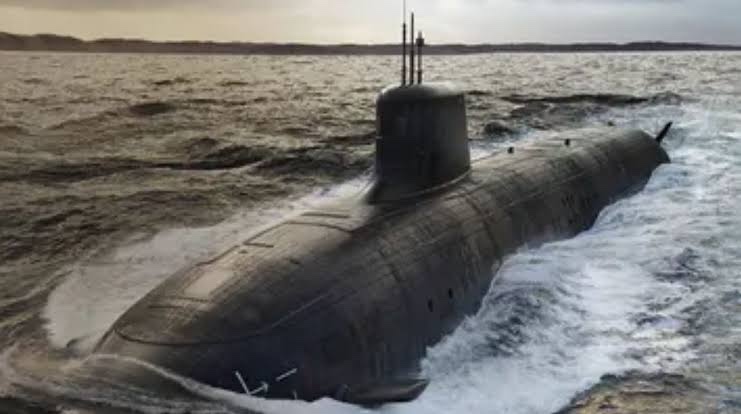Australia, Britain affirm commitment to AUKUS nuclear-powered submarine project

Australia and Britain reaffirmed their commitment on Friday to proceed with the AUKUS nuclear-powered submarine program, despite growing concerns regarding costs, capabilities, and the potential impact of a return of Donald Trump to the U.S. presidency. The AUKUS agreement, a significant pact between Australia, Britain, and the United States, aims to bolster military capabilities in response to China’s increasing influence on the global stage.
Defense leaders recently revealed ambitious plans to supply Australia with a fleet of nuclear-powered submarines, a pivotal aspect of the AUKUS accord. Australian Defense Minister Richard Marles expressed confidence in the project’s advancement, emphasizing the urgency of its implementation. He stressed the collective effort among the three governments to expedite the process, underscoring its importance for regional security.
Despite being in its nascent stages, concerns have arisen regarding the sustainability of AUKUS and its primary initiative. Speculation surrounds the potential consequences of a Trump presidency and its implications for the pact, given his previous stance on foreign policy prioritization. British Foreign Secretary David Cameron emphasized the necessity of strengthening alliances such as NATO and AUKUS to withstand geopolitical shifts, regardless of the U.S. electoral outcome.
Against a backdrop of escalating tensions and geopolitical uncertainties, UK Defense Minister Grant Shapps highlighted the critical significance of AUKUS, particularly amid China’s assertive behavior in regions like the Taiwan Strait. Shapps cautioned that the world is transitioning from a post-war to a pre-war era, emphasizing the heightened risks inherent in contemporary geopolitics.
BAE Systems, a prominent UK defense contractor, has been enlisted to aid in the construction of Australia’s nuclear-powered submarine fleet. With plans to have eight such vessels operational by the 2050s, Australia aims to combine domestically produced AUKUS-class submarines with Virginia-class vessels procured from the United States. Marles emphasized the sustained production of submarines as a crucial aspect of Australia’s defense strategy.
Despite the undisclosed financial details, Australian defense officials anticipate constructing at least five AUKUS-class submarines initially, with a projected cost amounting to billions of dollars. These submarines are expected to possess superior stealth capabilities and extended operational ranges compared to Australia’s existing diesel fleet, presenting a formidable deterrent to potential adversaries. The scale of the endeavor, however, raises questions regarding Australia’s capacity to manage such a complex project, given its limited experience with nuclear technology and relatively modest naval capabilities.
In conclusion, the AUKUS nuclear-powered submarine project signifies a significant step in Australia and Britain’s efforts to enhance their defense capabilities and address evolving security challenges in the Indo-Pacific region. Despite inherent challenges and uncertainties, both nations remain steadfast in their commitment to realizing this ambitious endeavor.












